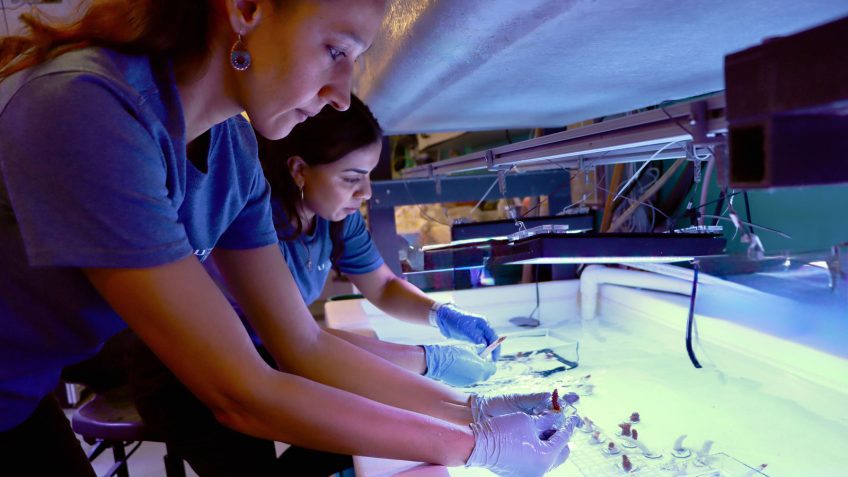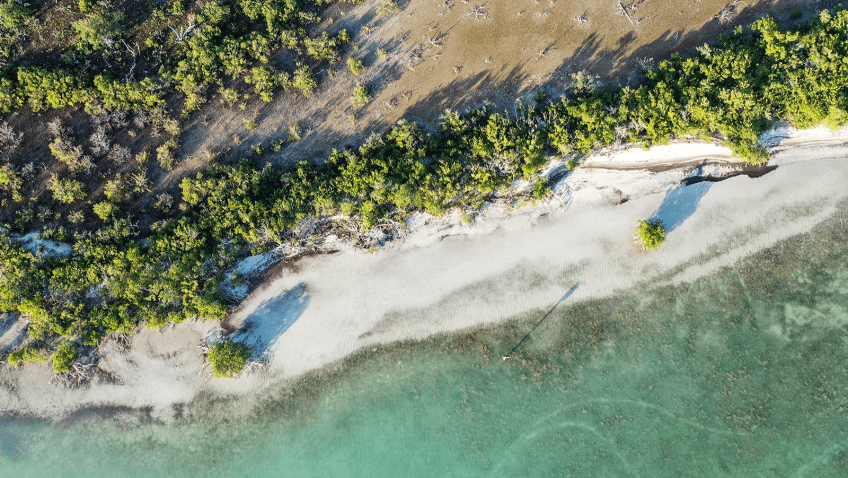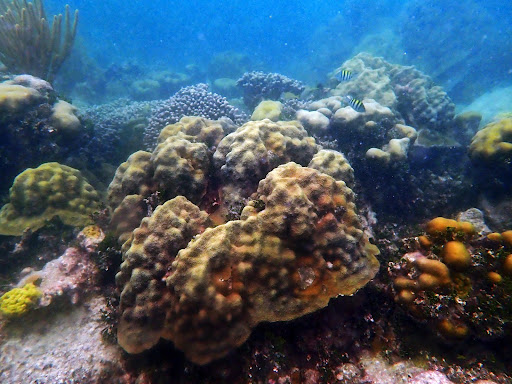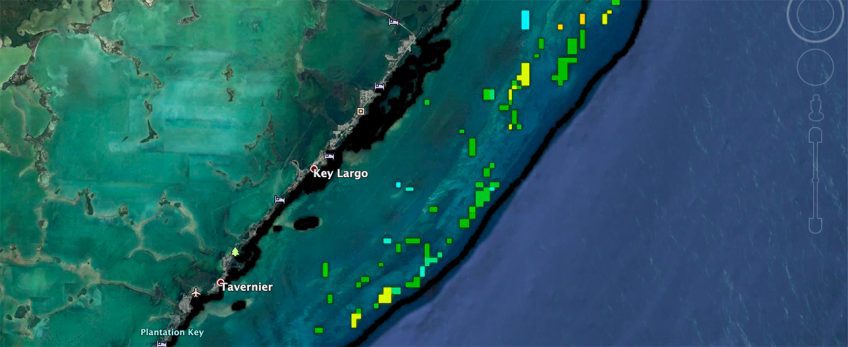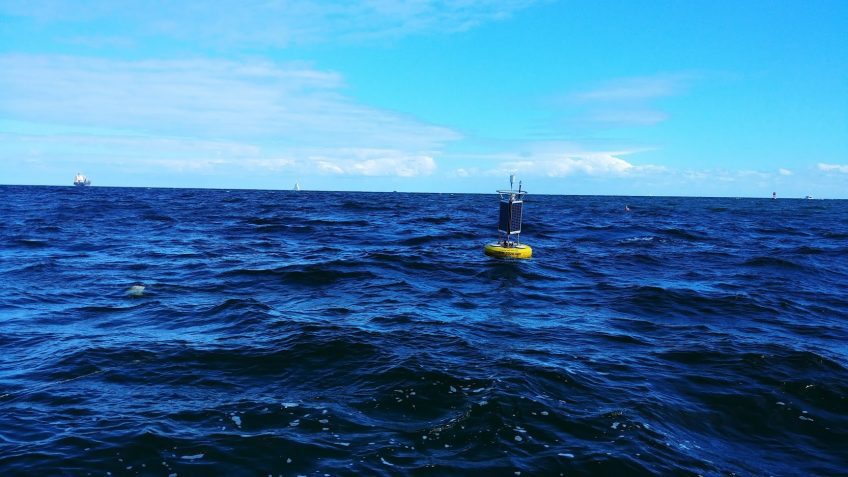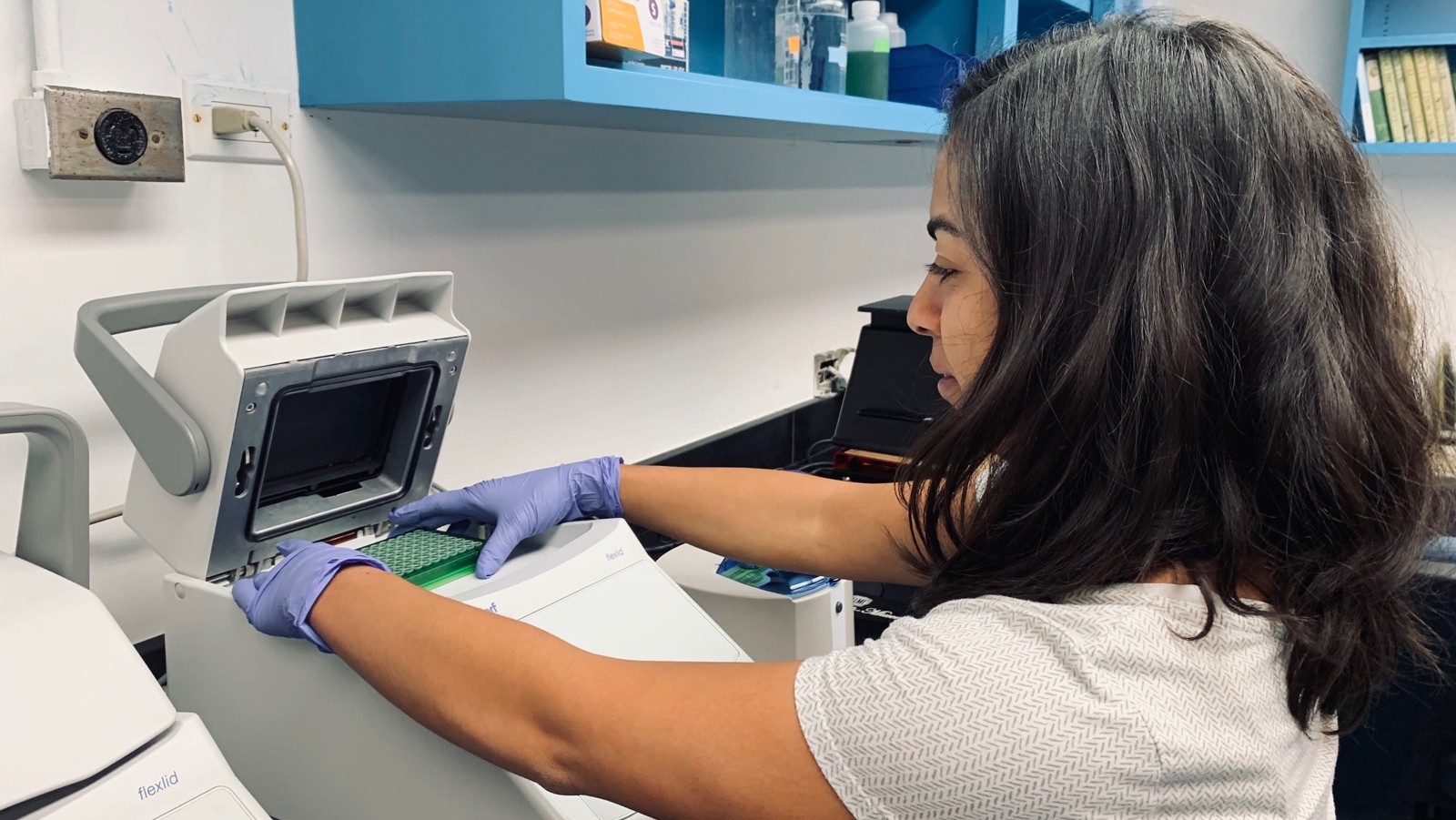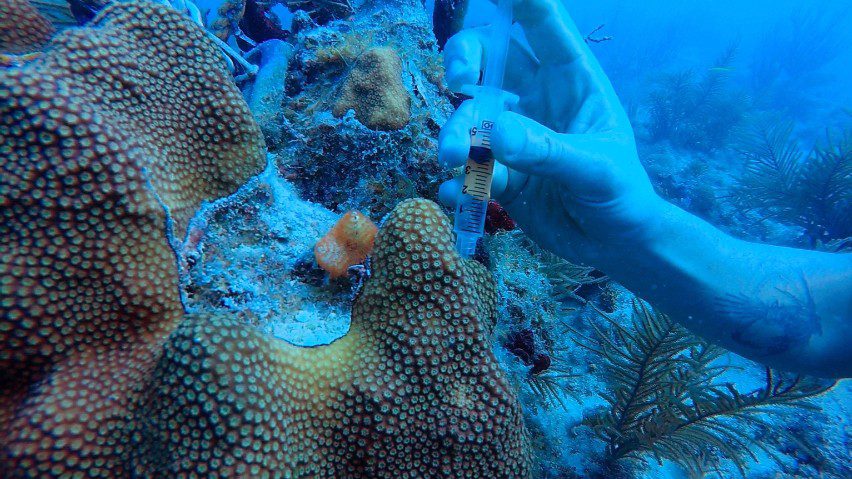The robot and the reef: Can enriched seawater fast-track coral restoration?
Alkalinity enrichment in the lab may be the key to more effective reef restoration. An innovative Ph.D. student puts this hypothesis to the test using cutting-edge technology. In a tank filled with glass jars, stir bars, and coral babies settled onto ceramic tiles, a robotic arm glides with precision, dosing each jar with various levels […]



